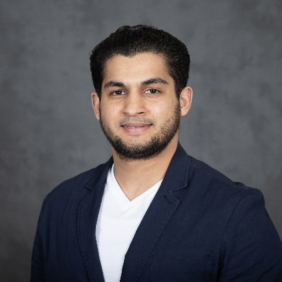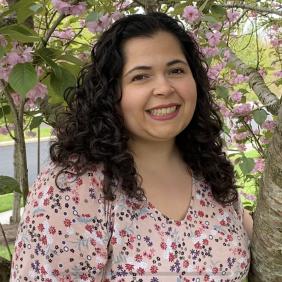The Honors Program at Delaware Valley University aspires to enhance the education of motivated and talented learners from diverse academic areas through innovative programming. Incoming first-year students, undergraduate transfer students, and current DelVal students are all eligible to apply for membership, regardless of their major.
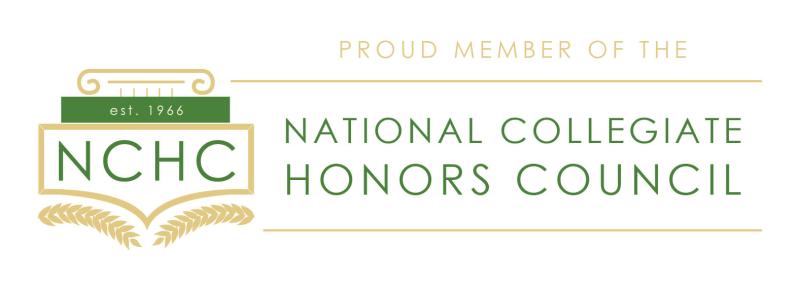
Students pursuing a degree in any one of DelVal's 25 undergraduate majors are eligible to apply for the Honors Program. Currently, there are 17 different majors represented among the honors students, from conservation and wildlife management to equine science, counseling psychology and more. The most popular academic majors of Honors Program students include animal science, small animal science and zoo science. Honors Program students support each other in their classroom studies. The average GPA is 3.56 for students in the program.
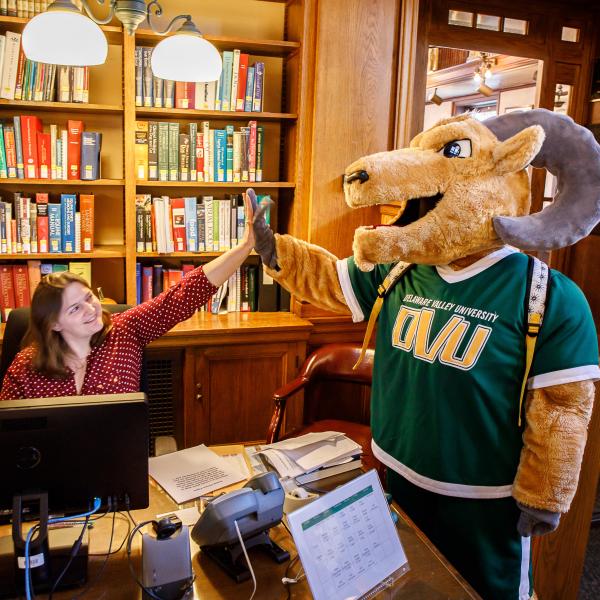
100% of students in the Honors Program receive DelVal's highest merit scholarships.
We meticulously designed this program to enrich the minds of the students at DelVal without barriers and without limits. The vision is to promote life-long learning and human connection with an all-in commitment to excellence, collaboration, and openness to experience.
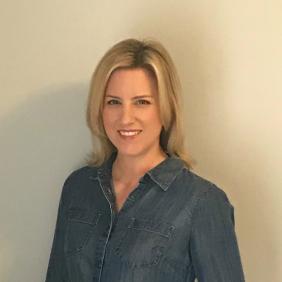
The Honors Program at DelVal takes a holistic and individual approach to education. Each student must complete seven academic Honors credits and participate in at least two Honors Program events.
Honors Academic Credits
Students complete four one-semester, one-credit Honors colloquium courses. These courses often incorporate an interdisciplinary approach along with creative teaching and learning methods. Our students get the unique opportunity to play a role in the colloquium topics selected each semester. As a DelVal Honors Program student, your voice is heard and the topics are designed to be engaging and current.
Additionally, throughout the academic year, our program offers a variety of events. Some events are educational and feature guest speakers, while others are health-focused, and some are simply just fun! Students can select which events to attend so long as they participate in at least two events per academic year.
Sample Colloquia:
History of Rock n' Roll
Adaptive Vertebrate Reproductive Morphology
Ecobotany
From Wolves to Man's Best Friend: Introduction to Dogs
A Critical View of the Science of Science Fiction Cinema
Positive Psychology
Paleoecology of Mammals
Sample Events:
Crumbl Cookie Tasting
Trivia Night
Guided Forest Therapy Walk with Professor Ricotta
Flight to Freedom: How One Family Escaped Nazi Germany
The Blue Revolution
Yoga
Exploration and Enrichment Projects
The final three credits in Honors are available via the Honors independent study course titled, "Explorations and Enrichment." The Honors Program director mentors each student in an individual project that is personally and professionally meaningful. One of our biology students, Susan, focused on learning more about nanotechnology for her project. She completed an extension course and then gave a presentation to the campus community.
“I went into this project looking to expand my knowledge in a field directly linked to cell biology and biotechnology and was able to explore a technological side of medical technology that I did not previously know existed. I was able to apply concepts I learned in my project into classes I was taking, such as immunology and microbiology, and make the connections between fields that I would not have previously made.”

Benefits of the Honors Program
Students in the DelVal Honors Program receive:
- Individual mentoring from the Honors Program director
- Additional opportunities for scholarships and awards
- A community of enthusiastic learners to support them at DelVal
Students who complete the DelVal Honors Program:
- Are publicly recognized at commencement as having been a member of the Honors Program
- Will, for perpetuity, upon graduation have, "Graduate of the University Honors Program" written on every Delaware Valley University transcript issued in their name
- Receive a customized letter on official DelVal stationary - composed and signed by the Honors Program director - announcing the recipient's successful completion of the program and explaining the program itself. A graduate may request additional copies of this letter be forwarded to graduate schools and/or future employers.
“The honors program has allowed me to explore electives outside of my major that I wouldn't have been exposed to otherwise. I have gotten to take an in-depth philosophy class about the famous trolley problem, analyze movies from a physicist's perspective, and given presentations at A-Day! The program has facilitated new friendships with other students and professional relationships with the faculty involved."
None! There are no additional credit requirements - the honors academic credits come out of your general elective credits. In most cases, students who complete the Honors Program do not add any additional time to earn their degrees.
The Honors Program is meant to be a challenge, not a struggle. The Honors Program director works with each student to ensure success. Classes are not simply about more work. Instead, they are about thinking and learning in different ways. The events are also intended to encourage your growth.
Yes! Many students in the Honors Program also participate in athletics, the music program, student clubs and organizations. Both classes and events are offered on a variety of days at different times. Students in the Honors Program gain skills in time management and prioritization. You'll have a team of people supporting you.

